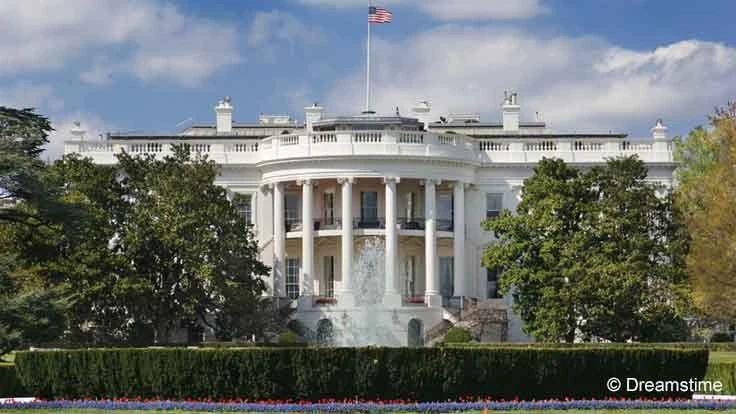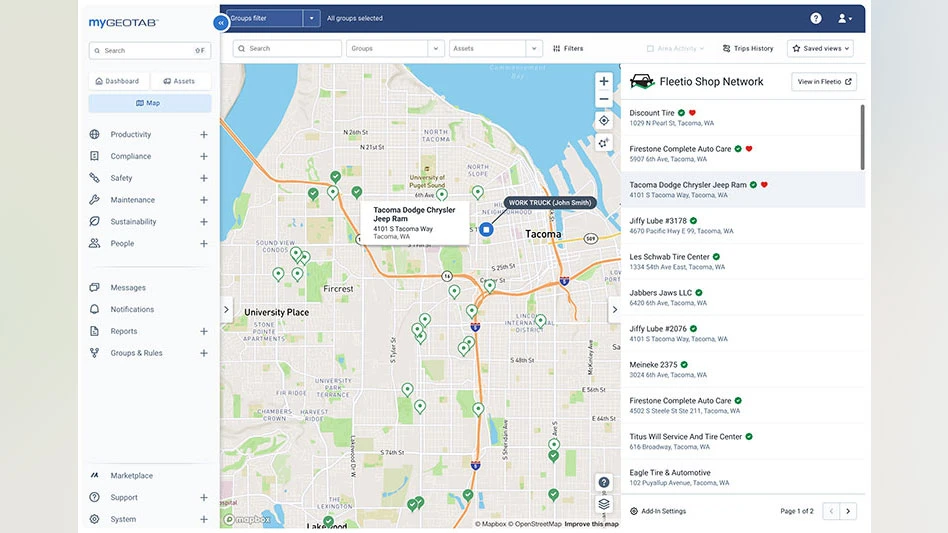
Photo provided by Dreamstime
Additional actions announced as part of the Federal Buy Clean Initiative took place with the Cleveland-Cliffs hot briquetted iron (HBI) facility in Toledo, Ohio, serving as the backdrop. Representatives from several executive branch agencies converged in Toledo to announce policies designed to support American low-carbon steelmaking, which often involves recycling.
The Biden-Harris Administration says the initiative expansion “will prioritize the purchase of key low-carbon construction materials, covering 98 percent of materials purchased by the federal government.”
In a news release, the administration says, “The initiative ensures that federal financing and purchasing power [methods] designate and use construction materials and products that produce substantially lower levels of greenhouse gas (GHG) emissions.”
In the steel sector, producers including Cleveland-Cliffs, Nucor Corp. and Steel Dynamics Inc. (SDI) have pointed to what they call a consistently lower carbon footprint from America’s steelmakers compared with production in nearly every other country.
“We are pleased that the administration continues to recognize that the American steel industry is leading the way on decarbonization, as reflected in today’s announcement to prioritize the government’s purchase of lower-emissions construction materials for federally-funded projects," says Kevin Dempsey, president and CEO of the Washington-based American Iron and Steel Institute (AISI). "Of the major steel-producing countries, the U.S. has the lowest CO2 emissions per ton of steel produced."
In an interview with Recycling Today earlier this year, SDI Executive Vice President and Chief Financial Officer Theresa Wagler spelled out that company’s dedication to using scrap as a low-GHG emissions technique, and said additional support from the federal government for the steel sector was encouraging. Referring to the 2021 infrastructure bill, she said, “Of the $1.2 trillion potential in the bill, some $850 billion of it has steel-containing aspects. Our belief is there is going to be a benefit for those of us who produce recycled steel.”
In its latest policy moves, the Biden administration says it will “prioritize the federal government’s purchase of steel, concrete, asphalt and flat glass that have lower levels of emissions," and adds that “in addition to federal procurement, Buy Clean will cover federally-funded projects. For example, the Department of Transportation, which is administering more than $120 billion in infrastructure spending in FY22, is announcing the first agency-wide Buy Clean policy and Embodied Carbon Work Group to drive progress. The initiative will jumpstart better data and reporting, better procurement and purchasing policies, and better education and research to ensure the use of sustainable materials across its programs.”
Latest from Construction & Demolition Recycling
- Pacific Steel selects Danieli as EAF equipment supplier
- Viably, Turmec partner on Ohio installation
- EPA plans to revisit numerous environmental, climate regulations
- Fornnax wins Green Innovation of the Year award
- ABC: Construction backlog inches lower, staffing levels expected to grow
- Former detention center in Cleveland set for demolition
- Ferrous market upward price momentum continues into March
- Build Reuse joins up for Circularity event





